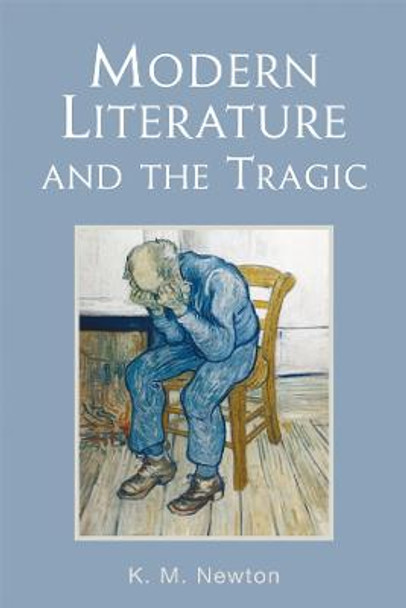This book explores modern literature's responses to the tragic. It examines writers from the latter half of the nineteenth century through to the later twentieth century who respond to ideas about tragedy. Although Ibsen has been accused of being responsible for the 'death of tragedy', Ken Newton argues that Ibsen instead generates an anti-tragic perspective that had a major influence on dramatists such as Shaw and Brecht. By contrast, writers such as Hardy and Conrad, influenced by Schopenhauerean pessimism and Darwinism, attempt to modernise the concept of the tragic. Nietzsche's revisionist interpretation of the tragic influenced writers who either take pessimism or the 'Dionysian' commitment to life to an extreme, as in Strindberg and D. H. Lawrence. Different views emerge in the period following the second world war with the 'Theatre of the Absurd' and postmodern anti-foundationalism. Key Features *Broad coverage of drama and fiction by British, European, and American writers *Provides readings of particular texts including Tolstoy's Anna Karenina, Ibsen's Ghosts, Strindberg's Miss Julie, Brecht's Mother Courage, Chekhov's Three Sisters, Thomas Hardy's Tess of the d'Urbervilles and Jude the Obscure, Shaw's Saint Joan, Miller's Death of a Salesman, Conrad's Heart of Darkness, and D H Lawrence's The Rainbow and Women in Love *Combines literary interpretation with philosophical discussion, e.g. of Schopenhauer, Nietzsche, Derrida, Rorty
About the AuthorProfessor Ken Newton teaches at the University of Dundee. He specialises in nineteenth and twentieth century literature and literary theory. He has published several books on George Eliot and numerous articles on her and nineteenth-century fiction generally, as well as books, articles, and anthologies on literary theory.
Book InformationISBN 9780748636730
Author K. M. NewtonFormat Hardback
Page Count 192
Imprint Edinburgh University PressPublisher Edinburgh University Press
Weight(grams) 442g







